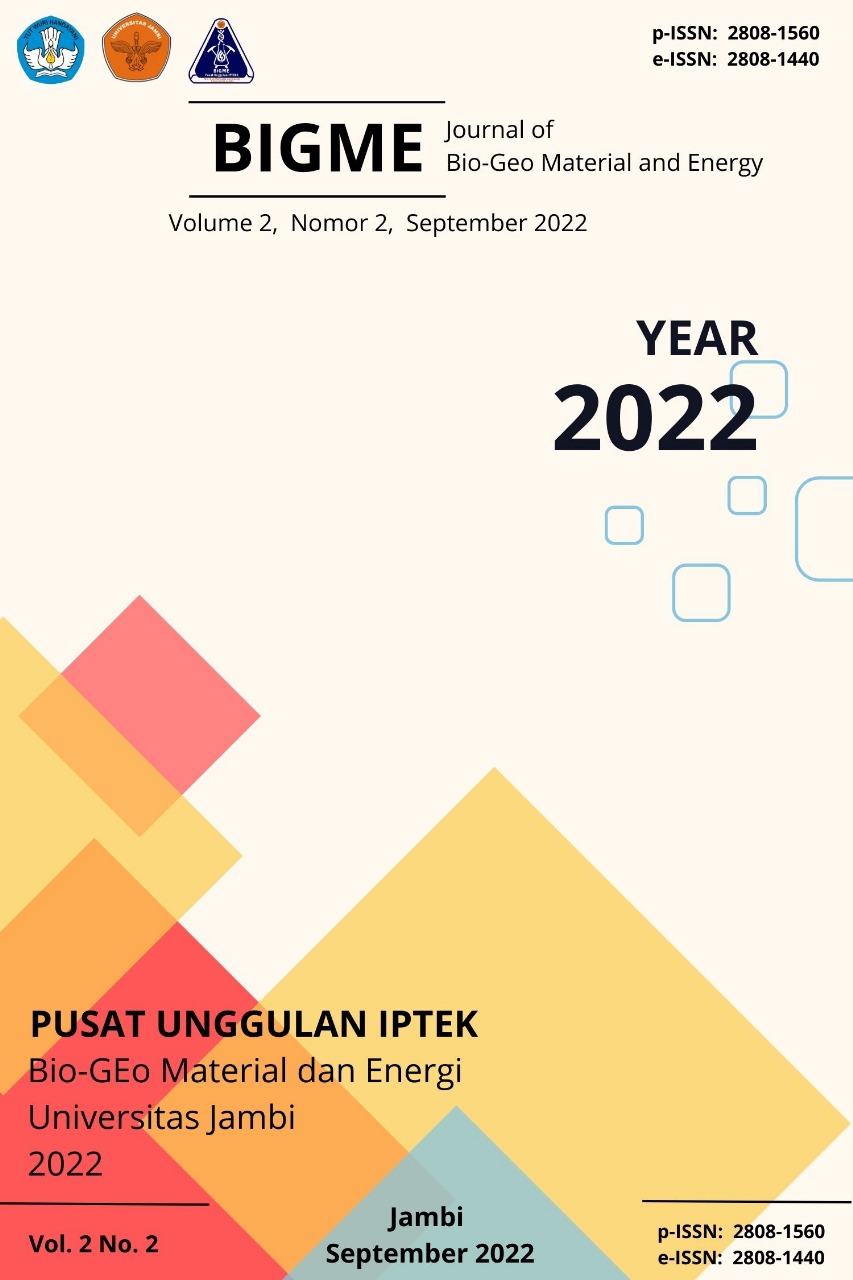Catalytic Cracking of Plastic Waste Polypropylene for Gasoline Production Using H-USY and Cr-USY
Catalytic Cracking of Polypropylene
DOI:
https://doi.org/10.22437/bigme.v2i2.31969Keywords:
Catalytic cracking, H-USY, Cr-USY, PolypropyleneAbstract
Fuel oil reserves are currently decreasing due to an imbalance between the increasing need for fuel consumption and the finding of new sources to fulfill these needs. On the other hand, plastic waste is also an environmental problem. Plastic waste is a synthetic polymer made from petroleum that is difficult to decompose in nature. An alternative route for waste must be applied to prevent a further environmental problem. Catalytic cracking is one alternative that converts plastic waste into liquid hydrocarbons. This research aims to determine the quantity of gasoline produced from the catalytic cracking process of polypropylene (PP) plastic waste using modified H-USY and Cr-USY catalysts. The sample used was plastic waste derived from bottled water packaging. The plastic waste was cut into small pieces, weighed, and then cracked thermally and catalytically with a catalyst: sample ratio 1:10. The results showed that catalytic cracking of PP waste using the H-USY catalyst produced 20.73% gasoline, while using the Cr-USY catalyst resulted in 14.4% and 13.68% gasoline using Cr-USY catalyst 0.1% and 0.3% respectively.
Downloads
Downloads
Published
How to Cite
Issue
Section
License
Copyright (c) 2024 Nazarudin, Putri Mutiara Ishak, Afrida

This work is licensed under a Creative Commons Attribution 4.0 International License.















